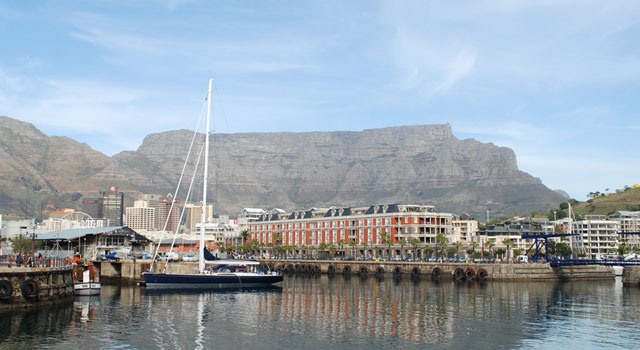
A R1,3bn, seven-year, government-led project to extend broadband in Cape Town is making good headway, the city said on Wednesday.
The city has concluded the first agreements with private-sector service providers, who have taken up spare capacity on high-speed fibre-optic network, a move it said will help drive economic development and growth.
“The city understands that broadband connectivity is fundamental to creating an enabling environment for economic growth, business development and digital inclusion,” it said in a statement.
Cape Town has set aside R222m over three years for the roll-out of broadband infrastructure throughout the metropolitan area, and this forms part of the R1,3bn programme it intends spending over a seven-year period.
To date, lease agreements have been concluded with eight third-party licensed network operators, and negotiations are progressing with 20 more, including some of the country’s larger telecommunications operators, the city said.
“Last-mile connections to commercial buildings are now being made, which will allow businesses in these buildings to utilise high-speed telecoms networks for access to converged services and faster, cheaper and more reliable Internet connectivity.
“Smaller operators are also able to use the same infrastructure to enter the market, generating competition in the Internet service provider sector and stimulating economic growth in the Western Cape private sector as a whole,” it said.
The city said it has been able to contain and reduce spending on telecoms, while expanding the speed and capacity of the network that connects government buildings.
“The city has already seen significant financial benefits from its investment in broadband. So far, we have saved R47,6m in telecoms costs and avoided R70m in bandwidth costs for the 2013/2014 financial year,” it said in the statement.
“While the inclusion of more clinics, libraries and public buildings will continue, the focus has now expanded to make the network deliver on its development and public benefit potential. This will be done in three ways: providing high-speed services to hospitals, police stations and other public facilities.”
It said it has partnered with the Western Cape government and the State IT Agency to include public hospitals, police stations and the offices of the departments of home affairs, environmental affairs and correctional services.
The city has also reached agreement in principle with the Tertiary Education Network, better known as Tenet, to connect further education and training colleges. False Bay College campuses will be first to be connected.
In addition, the fibre network is forming the backbone of wireless networks now being piloted in the underserviced areas of Khayelitsha and Mitchells Plain. “Once the technical model has been finalised, this will bring Internet connectivity and other telecoms services to over a million people living in areas which the private sector has not serviced adequately until now,” the city said.
This project builds on the city’s SmartCape project, which provides free Internet access at libraries and other public places.
The city plans to build a wireless mesh network to provide access directly into most homes in Khayelitsha and Mitchells Plain. — (c) 2014 NewsCentral Media




